Postal Note Stamps
On March 31, 1951, Postal Note stamps were discontinued after just six years of use.
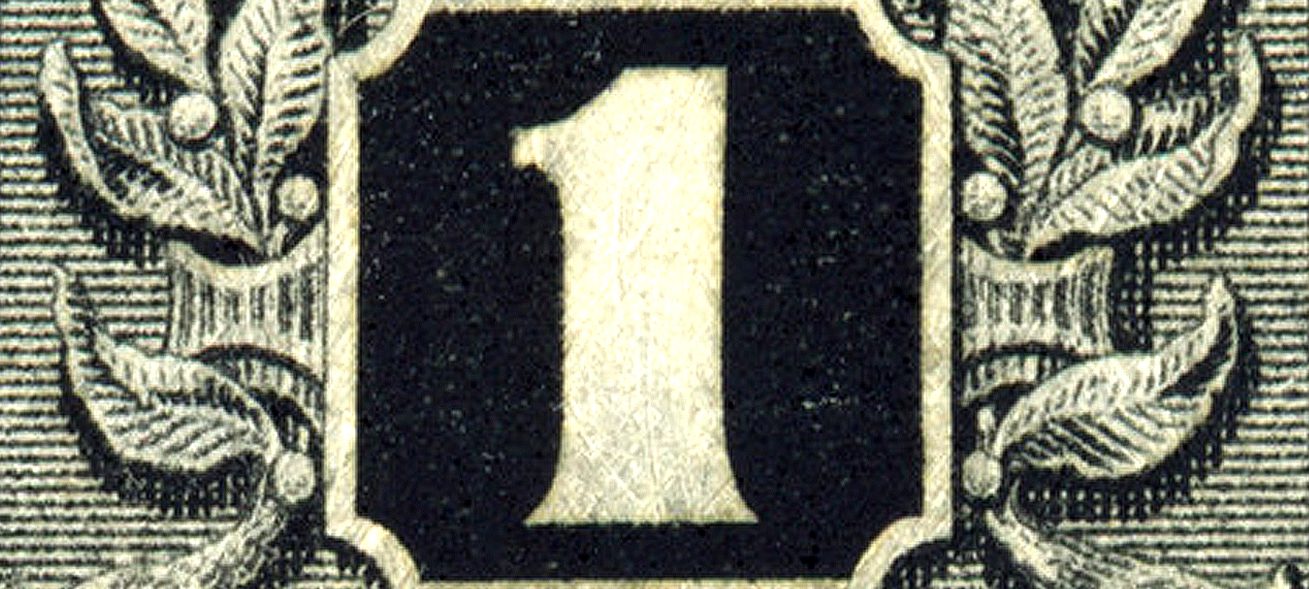
On March 31, 1951, Postal Note stamps were discontinued after just six years of use.

On March 30, 1867, US Secretary of State William Seward purchased Alaska from Russia in what many at the time called “Seward’s Folly.”
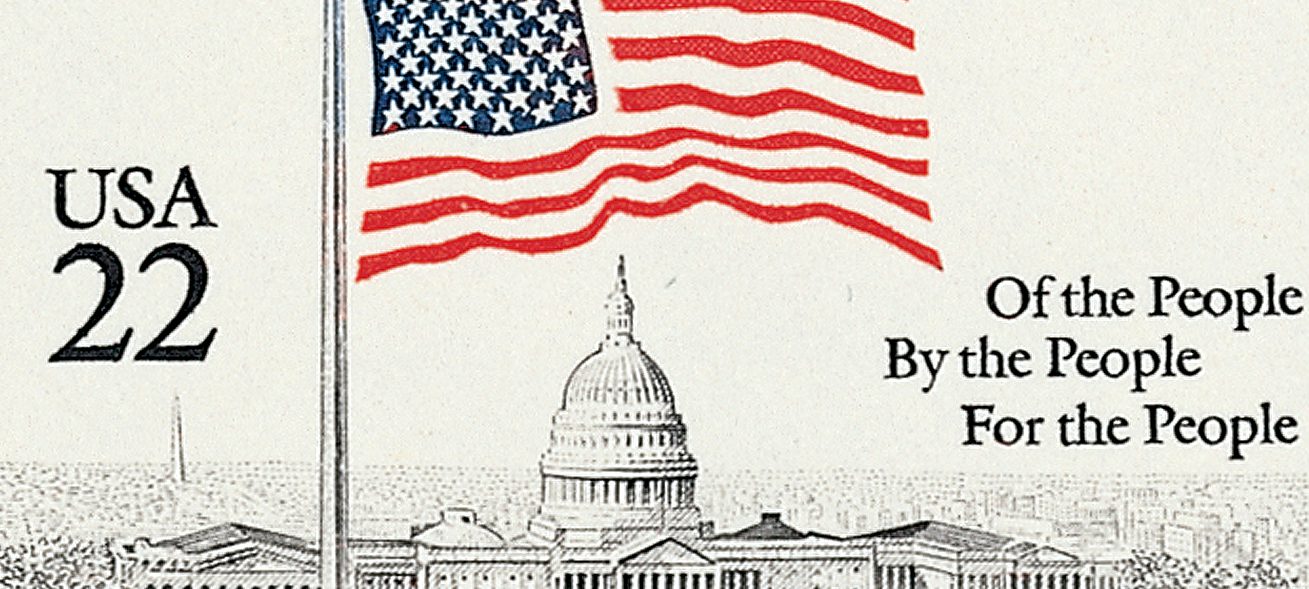
On March 29, 1985, the USPS issued its first definitive booklet stamp in the larger commemorative size. It was created for use in vending machines and to test the popularity of the format.

On March 28, 1885, the Salvation Army was formally established in the United States, 20 years after the original organization was founded in London.
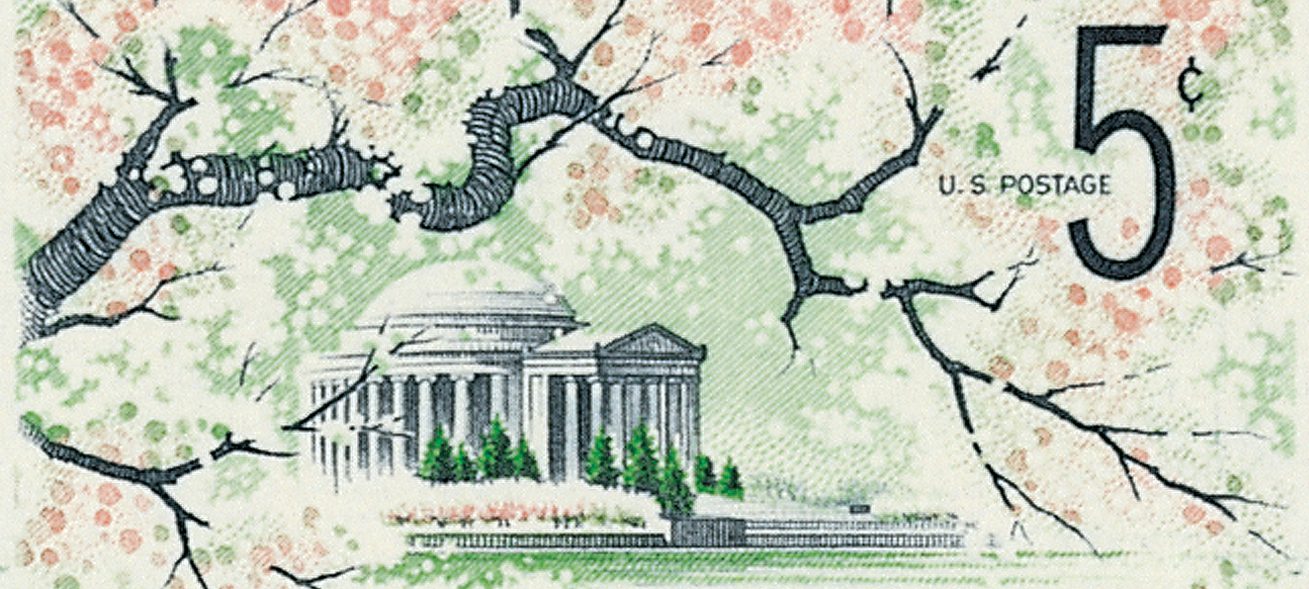
On March 27, 1912, US First Lady Helen Taft and wife of the Japanese ambassador Viscountess Chinda Iwa planted two Yoshina cherry trees on the northern bank of the Potomac River. The plantings were in celebration of the Japanese gift of 3,020 cherry trees to the US government.
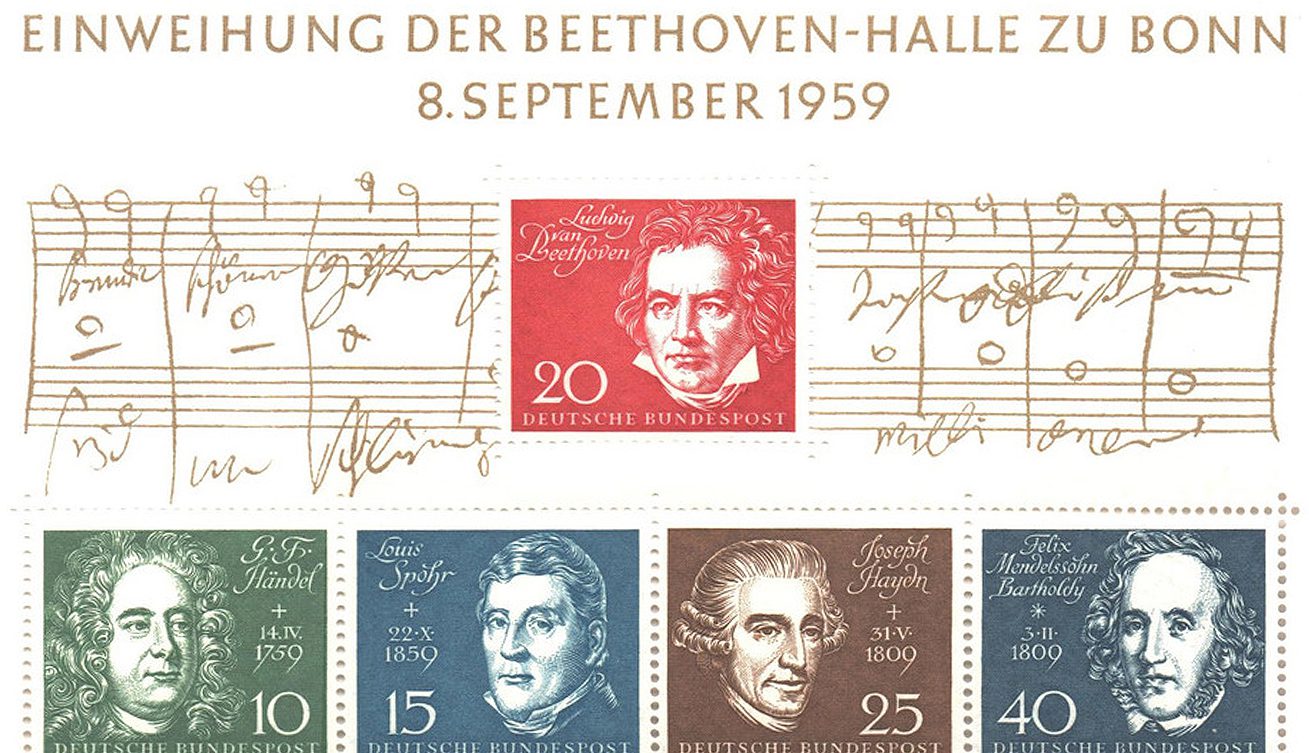
On March 26, 1827, legendary composer and pianist Ludwig van Beethoven died in Vienna, Austria. One of the most well-known figures in Western music, his compositions are among the most performed in the classical music genre.
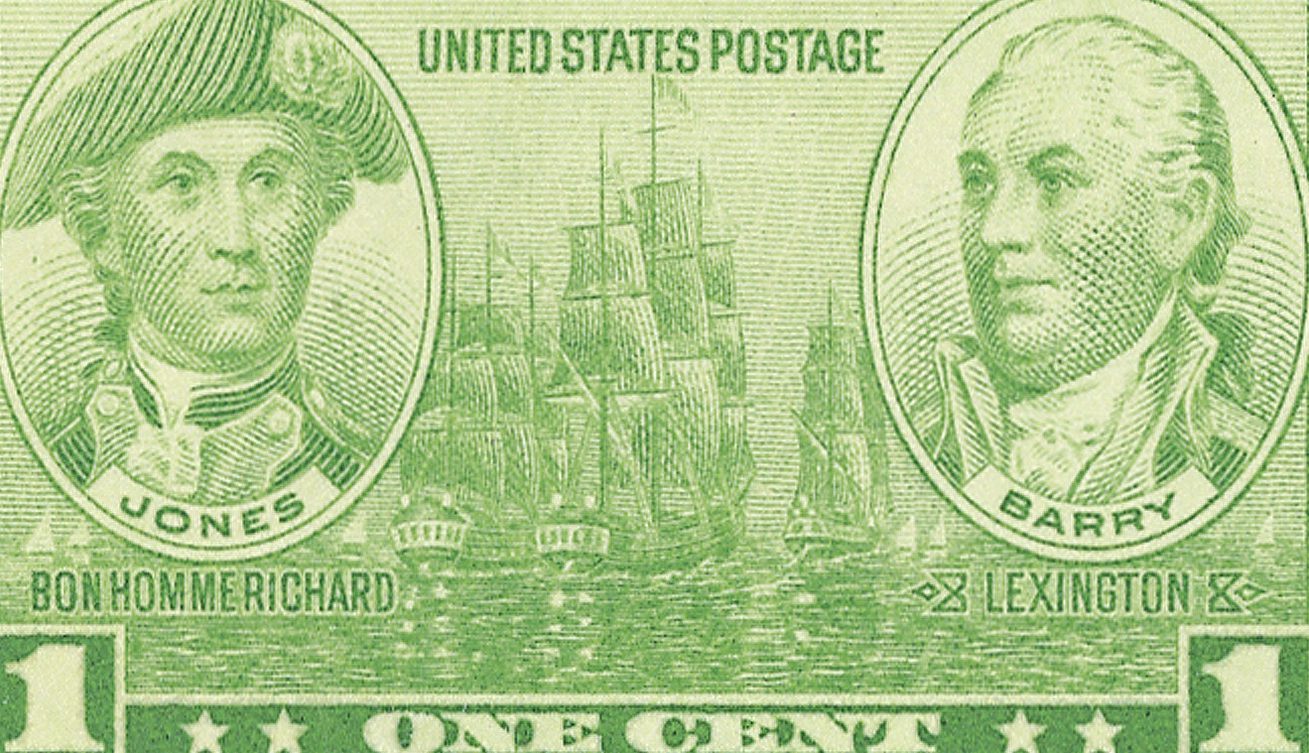
Naval officer John Barry was born on March 25, 1745, in Tacumshane, Ireland. A hero of the Revolutionary War, he’s been called the “Father of the American Navy.”
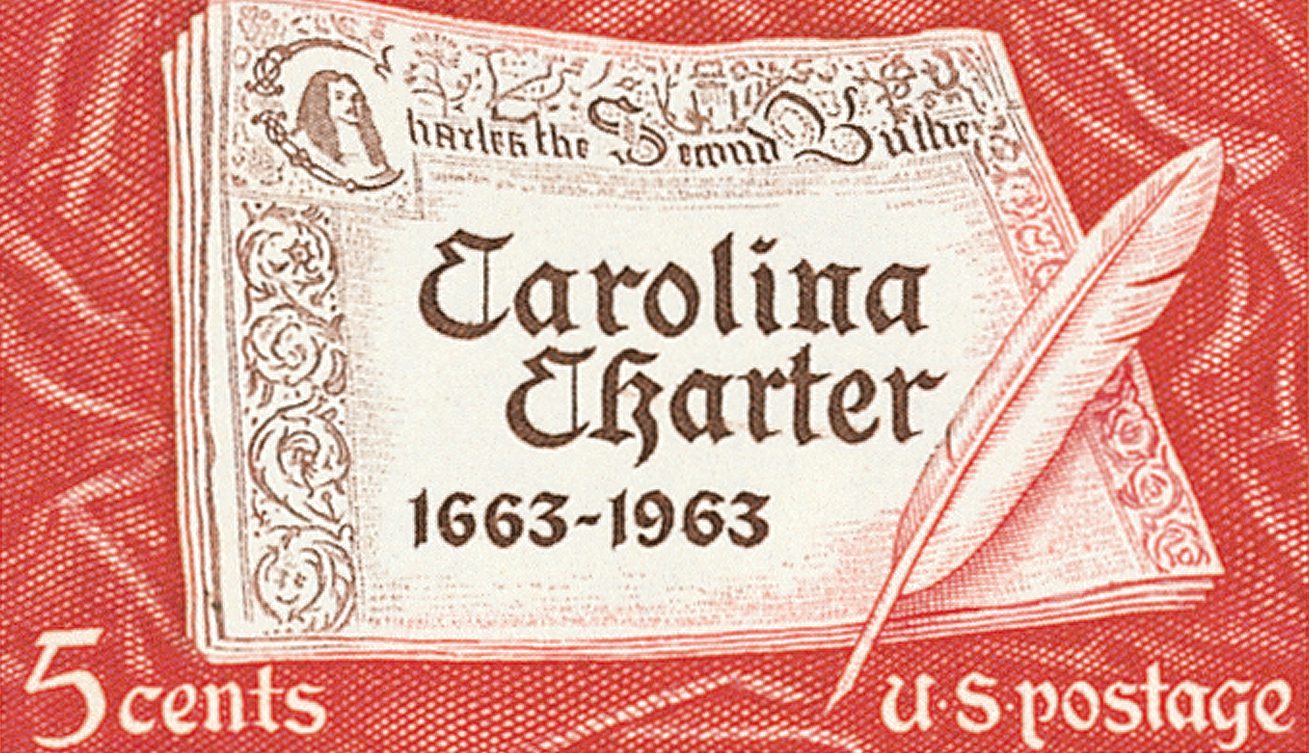
On March 24, 1663, King Charles II approved the Carolina Charter, granting land in America to a group of eight Englishmen. Establishing the first laws in the Carolina province, it guaranteed religious and political freedom.
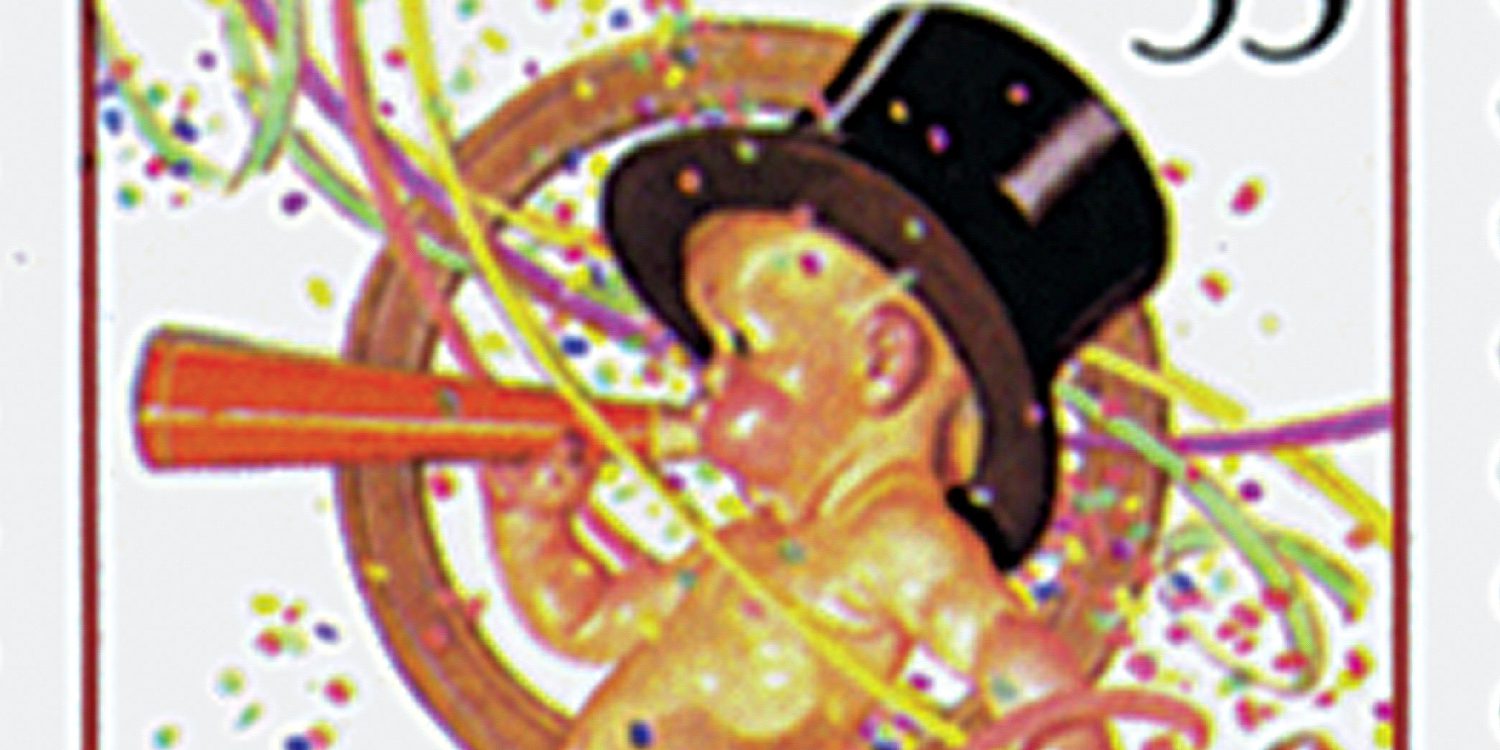
Illustrator Joseph Christian Leyendecker was born on March 23, 1874, in Montabaur, Rhine Province, German Empire. He was one of the most popular and recognized illustrators of his day – popularizing the images of Baby New Year, Santa Claus, and more.